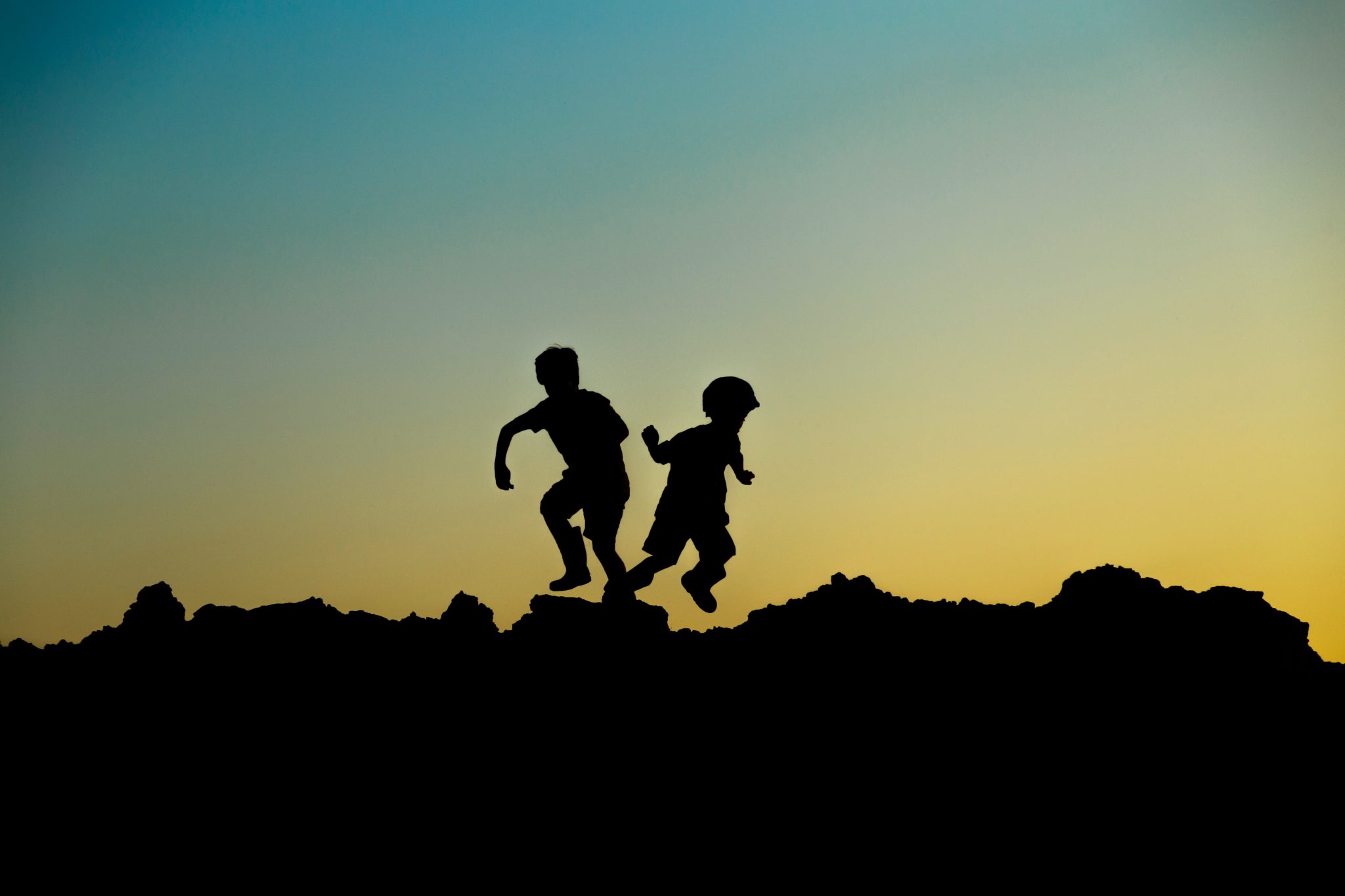
What happens to us when the culture in which we grow up doesn’t recognize our skills and talents, and doesn’t value our personal attributes?
A fair amount, if not most, of our feelings of self-worth or self-esteem have to do with the messages we get from our culture. Some of those messages are overt and up front. We know without question that, currently, our culture values affluence, power, efficacy, youthfulness and health. So can you imagine how it might feel to be poor, relatively powerless, or chronically ill or disabled in this society – or for that matter in any way that society sees as different or not like the “majority” is supposed to be?
Some messages are subtle. We say we value diversity, children, the elderly, etc., but our behavior often says something else. If movie stars and models are tall, beautiful and thin, and attract the demographic of males between the ages of 18 and 35, what message does it send us about anyone who does not fit that mold? Our core beliefs are played out in our actions, not necessarily our words.
If the kids in school laugh at us because of our accent or clothes, or the work our parents do for a living, what do we learn about our value? It’s terribly important that all children feel proud of who they are and the talents they possess, and value their very uniqueness in the world.
Sometimes all it takes is one concerned teacher, parent or other adult who cares enough to take the time to set the record straight in a child’s mind. Every child needs to know that what supposedly is or is not valuable, according to magazines and “reality” shows, really depends on some pretty arbitrary things – and that it’s mostly opinion and not fact.
Children need to know that they are loved, prized, and capable of rising above stereotypes to be uniquely valuable human beings. In the final analysis, we rise to our own, and to each other’s, expectations – or we fall to them.
And when we rise to them, everyone benefits.
Featured posts
May 16, 2023
May 16, 2023
May 16, 2023





